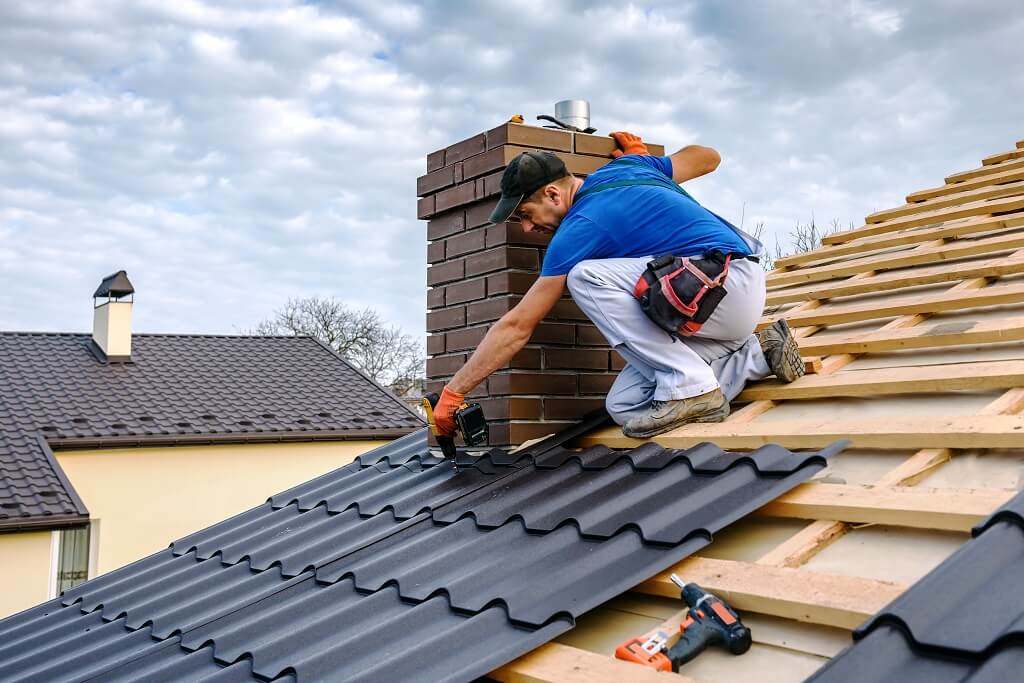


If you have a roof that is suffering from granular loss, there are steps that you can take to repair it. Granular loss is a common problem with roofs, and it can be caused by a variety of factors. Let’s explore everything you need to know about this common Daytona Beach roof repair.
Granular loss occurs when the protective granules on asphalt shingle roofs wear away. This leaves you with a roof that can no longer protect your home from the elements effectively. Granular loss can also cause an aesthetic issue, as the exposed asphalt of your roof will look unattractive.
Granular loss can be caused by a range of factors; these include things like weathering, aging, and a lack of maintenance. Natural weathering can cause the granules to become loose and wear off over time. Age can also factor in; if your roof is older, you may notice granular loss more than with a newer roof. Finally, a lack of maintenance can lead to the granules becoming loose due to dirt and debris buildup, as well as damage from items like tree branches.
Over the years, roof repair has become an important part of roof maintenance. When a roof sustains damage from any of the factors listed above, it’s important to act fast and repair the granular loss before it becomes worse. Roof repair can help to restore the appearance of your roof, as well as prevent further damage from taking place.
As well as fixing granular loss, roof repair can also cover a range of other issues, such as:
With this in mind, let’s look at how to repair granular loss on a roof. The first step is to inspect the roof and identify the areas of granular loss. Once you’ve identified these, it’s time to take the necessary steps to repair them. This can involve:
Is this something you can do alone? If you have roofing experience and feel confident in your abilities, then you can give it a try. But if you’re not sure or don’t have any experience, it’s best to contact a professional roofing contractor. They will be able to inspect the damage, determine the cause and provide the best solution.
If you have any doubts whatsoever, please don’t risk your safety – instead, call a roofing contractor today. They will quickly provide you with a detailed plan for repairing your roof efficiently, safely, and professionally.
Granules are a major component of roofing shingles – they help protect the asphalt layer in your shingles and provide insulation against the weather elements. Without them, your roof will be exposed to a higher risk of damage from sun, wind, rain, and snow.
Depending on the damage, a roofer may recommend one of two repair methods:
1. Spot Repair: This method is used when the granular loss is limited to a smaller area of shingles. The roofer will simply replace the affected shingles and add new granules to the damaged area.
2. Full Replacement: If the granular loss is more widespread, a full replacement may be needed. In this case, the roofer will remove all of the existing shingles and start again.